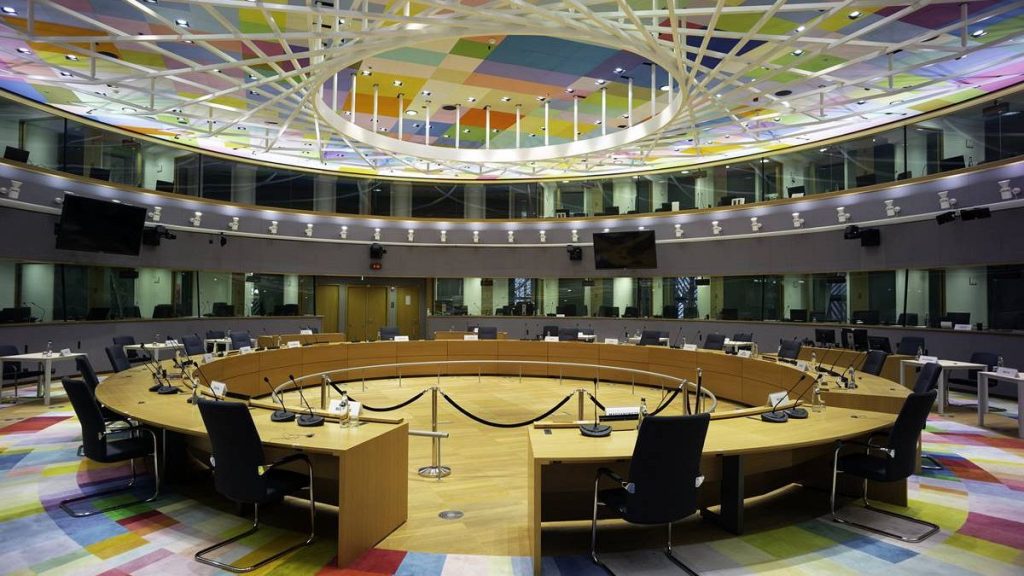Despite being close to securing the necessary majority for an agreement on the child sexual abuse material regulation, the vote has been postponed due to significant disagreements among EU member states. The proposal included using ‘upload moderation’ to compel encrypted messaging services such as WhatsApp and Messenger to include surveillance technology to scan all users’ images. However, some countries, including France, raised concerns that this measure would compromise the integrity of encrypted communications. Without the required qualified majority, discussions were delayed, and consultations will continue to seek a general agreement. The EU Council remains committed to protecting children from despicable crimes, and further meetings are scheduled to address the concerns and achieve a consensus.
The delay in reaching an agreement on the child sexual abuse material regulation highlights the ongoing debate over balancing privacy and security concerns. The proposal to include surveillance technology in encrypted messaging services has sparked controversy, with some countries fearing that it would violate the privacy rights of individuals. The European Commissioner for Values and Transparency has acknowledged the necessity of breaking encryption for the sake of better protecting children, while the European Commissioner for Home Affairs has maintained that her proposal is technology neutral and does not aim to weaken encryption. The differing views within the European Commission reflect the complex nature of the issue and the need to find a balanced approach that addresses both security and privacy concerns.
The disagreement among member states on the child sexual abuse material regulation reflects broader challenges in addressing online child protection issues. Efforts to combat child sexual abuse online require a careful balance between law enforcement needs and individual privacy rights. The use of surveillance technology in encrypted messaging services presents a particularly difficult dilemma, as it raises concerns about violating the fundamental right to privacy. The postponement of the vote underscores the complexity of finding a solution that effectively addresses the problem of online child sexual abuse while respecting individual privacy rights.
The EU Council’s commitment to protecting children from despicable crimes is evident in its efforts to address the issue of child sexual abuse material regulation. The proposed measures aim to enhance online safety and prevent the exploitation of children through digital platforms. However, the implementation of such measures must be carefully considered to ensure that they respect fundamental rights and do not infringe on individual privacy. The ongoing consultations and discussions within the EU Council reflect a dedication to finding a consensus and working towards a solution that effectively addresses the challenges of online child protection.
The postponement of discussions on the child sexual abuse material regulation underscores the need for comprehensive and coordinated efforts to address online child protection issues. Protecting children from exploitation and abuse in digital spaces requires a multi-faceted approach that combines technological solutions, law enforcement measures, and respect for individual rights. The differing views within the European Commission on the use of surveillance technology in encrypted messaging services highlight the complexity of finding a balanced approach that promotes online safety while safeguarding privacy rights. Continued dialogue and collaboration among member states are essential to developing effective strategies that protect children from harm while upholding fundamental rights.
In conclusion, the postponement of the vote on the child sexual abuse material regulation in the EU Council reflects the challenges of finding a consensus on complex issues that involve both security and privacy concerns. The need to protect children from online exploitation and abuse is a critical priority for policymakers, but the implementation of measures to address these issues must be carefully deliberated to ensure they respect individual rights. The ongoing consultations and discussions within the EU Council demonstrate a commitment to finding a balanced approach that effectively addresses the challenges of online child protection. By working together and considering the diverse perspectives within the European Commission, member states can develop strategies that promote online safety while respecting fundamental rights.













